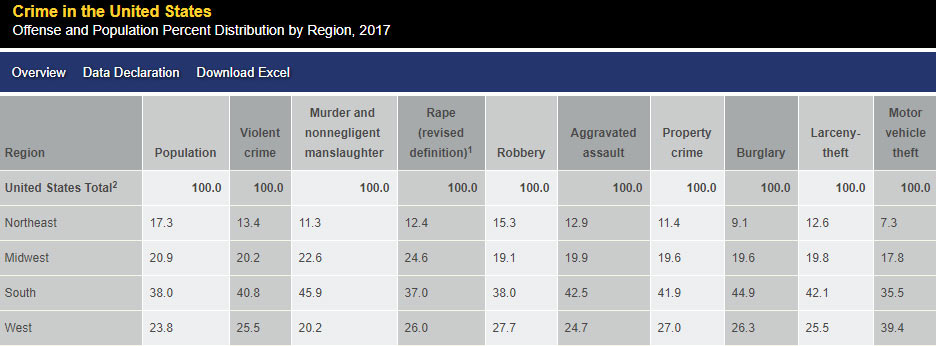According to new statistics released by the FBI, auto thefts climbed again in 2017 as thieves made off with an estimated 773,139 vehicles.
The FBI says vehicle thefts increased 0.8 percent from the previous year and are up 10.4 percent from 2013. The theft rates have gotten so bad that the Bureau says there are now approximately 237.4 thefts per every 100,000 residents.
To put those numbers into perspective, the FBI says nearly $6 (£4.6 / €5.1) billion was lost to motor vehicle thefts in 2017. 75.4 percent of the thefts were automobiles and the average loss per vehicle was $7,708 (£6,022 / €6,674).
While the increase is bad news for owners, theft rates are still down significantly from their peak in 1991 when 1.66 million vehicles were stolen in the United States. In fact, the last year than more than a million vehicles were stolen was 2007.
Some regions saw theft rates decline, but rates jumped 4.1 percent in the Midwest and 1.9 percent in the South. Some of the states with the highest number of thefts include Florida (42,914), Texas (68,041) and California (168,391).
As we have previously reported, drivers are making it incredibly easy for thieves as tens of thousands of them leave their keys in their car. Last year, The National Insurance Crime Bureau said 57,096 vehicles were stolen in 2015 with the keys still in them.
The FBI didn’t cite a reason for the climbing theft rates, but a previous study revealed stolen auto parts are worth their weight in gold. In that study, it was revealed a stolen 2016 Toyota Camry has 15 commonly replaced components that are worth approximately $11,000 (£8,600 / €9,528). For the 2016 GMC Sierra, there were 20 common components valued at more than $21,000 (£16,418 / €18,190).
USA Today also noted some thieves are stealing cars for overseas buyers where they can be worth significantly more money. The publication talked to an expert in the field and they said shipping cars overseas isn’t seen as “high-risk” as ports don’t have enough resources to check every shipping container.






